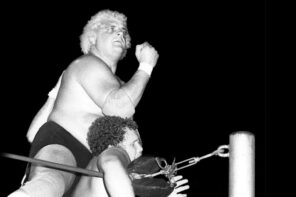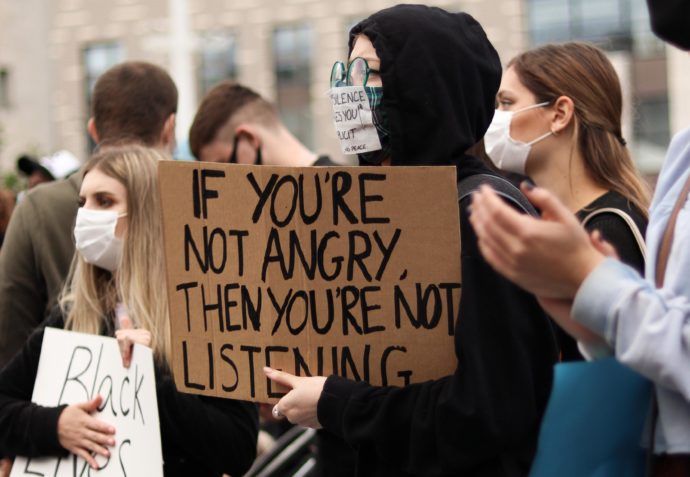[I]f your anger is directed at race and racism…if you’re aiming for change and not just like a cozy kind of change…If you don’t want justice just for yourself but for everyone else and it’s not a zero sum game, then you have what I’m referring to as Lordean rage. And I want to encourage you to keep it, not allowing the anger police to get rid of it. I want to encourage you to continue to use it… to allow it to motivate you, to engage in action. And don’t be ashamed of it, but walk around with it with pride. – Myisha Cherry, from RD/PRA’s Rage Roundtable, Feb 16, 2023
Rage against violence. Rage against oppression. Rage against poverty. Rage against suffering. How do we fuel the struggle for justice with rage?
In this discussion, we explore rage and its potential for transformative racial justice, the contemporary and historical weaponization of White rage, and the deployment of civility in maintaining social order. Who benefits from the boundaries of civil political discourse and how can we channel our collective anger to move beyond it and toward liberation?
Watch the recording below or here.
For this roundtable discussion, we were joined by:
Alex Zamalin: Professor of Africana Studies and Political Science at Rutgers University-New Brunswick, Alex is the author of six books, African American Political Thought and American Culture: The Nation’s Struggle for Racial Justice (New York: Palgrave, 2015), Struggle on their Minds: The Political Thought of African American Resistance (New York: Columbia University Press, 2017), Antiracism: An Introduction (NYU Press, 2019), Black Utopia: The History of an Idea from Black Nationalism to Afrofuturism (Columbia University Press, 2019) which was named a 2020 Choice Outstanding Title by the American Library Association, and Against Civility: The Hidden Racism in Our Obsession with Civility (Beacon, 2021). His most recent book is All Is Not Lost: 20 Ways to Revolutionize Disaster (Beacon Press, spring 2022).
Zamalin is also co-editor for a collection of scholarly essays aimed at reinterpreting the American political tradition, American Political Thought: An Alternative View (New York: Routledge, 2017). His scholarly essays have appeared in various edited book collections and journals like New Political Science, Contemporary Political Theory and Political Theory. Zamalin has been a guest on NPR and MSNBC and his work has been featured in The Guardian, Literary Hub, Religion Dispatches, ESPN’s Undefeated, and YES! magazine.
Davin Phoenix: Associate professor of political science at the University of California, Irvine, Davin researches how race interacts with various spheres of U.S. politics to shape people’s attitudes, emotions, and behavior. His book, The Anger Gap: How Race Shapes Emotions in Politics is winner of the American Political Science Association’s 2020 Ralph J. Bunche Award for best scholarly work exploring ethnic and cultural pluralism, and co-winner of the award for best book on race and ethnic politics.
Myisha Cherry: Assistant Professor of Philosophy at the University of California, Riverside, Myisha is also the Director of the Emotion and Society Lab. Her research is primarily concerned with the role of emotions and attitudes in public life. Cherry’s books include UnMuted: Conversations on Prejudice, Oppression, and Social Justice (Oxford University Press) and, co-edited with Owen Flanagan, The Moral Psychology of Anger (Rowman & Littlefield). Her latest book is The Case for Rage: Why Anger is Essential to Anti-racist Struggle published by Oxford University Press. And after a 10–way auction, “The Failures of Forgiveness,” will be released by Princeton University Press in September 2023. Her work on emotions and race has appeared in The Atlantic, Boston Review, Los Angeles Times, Salon, Huffington Post, WomanKind, and New Philosopher Magazine. Cherry is also the host of the UnMute Podcast, where she interviews philosophers about the social and political issues of our day.
Read a PDF of the transcript here.











